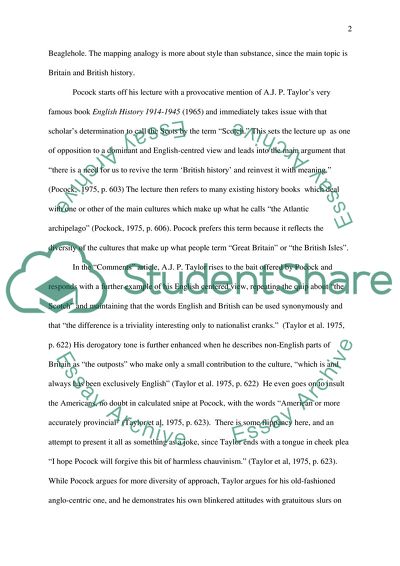Cite this document
(What Is Britain Book Report/Review Example | Topics and Well Written Essays - 1500 words, n.d.)
What Is Britain Book Report/Review Example | Topics and Well Written Essays - 1500 words. Retrieved from https://studentshare.org/culture/1744980-what-is-britain
What Is Britain Book Report/Review Example | Topics and Well Written Essays - 1500 words. Retrieved from https://studentshare.org/culture/1744980-what-is-britain
(What Is Britain Book Report/Review Example | Topics and Well Written Essays - 1500 Words)
What Is Britain Book Report/Review Example | Topics and Well Written Essays - 1500 Words. https://studentshare.org/culture/1744980-what-is-britain.
What Is Britain Book Report/Review Example | Topics and Well Written Essays - 1500 Words. https://studentshare.org/culture/1744980-what-is-britain.
“What Is Britain Book Report/Review Example | Topics and Well Written Essays - 1500 Words”, n.d. https://studentshare.org/culture/1744980-what-is-britain.


